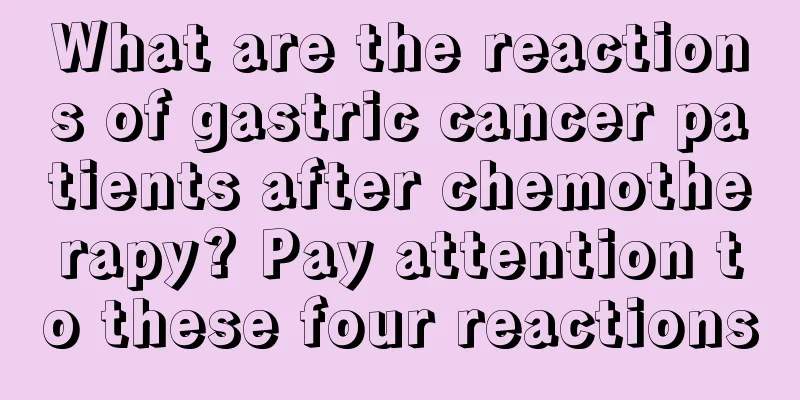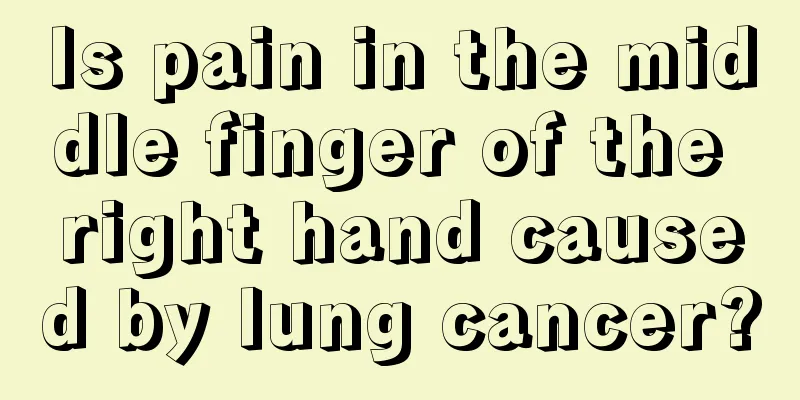What is the reason for a fast pulse

|
Many people are very troubled by the diseases they have, so they pay great attention to the signs of some diseases. Many people believe that a rapid pulse is a sign of some diseases, but some people do not know what causes this situation, nor do they know whether it is a sign of disease. So, what is the reason for a rapid pulse? First, what is the reason for a rapid pulse? The causes of a rapid heart rate are mostly functional, and can also be seen in organic heart disease and extracardiac factors. Its production is mainly related to sympathetic nerve excitement and decreased vagal nerve tone. People of different ages have different heart rates. The younger the age, the faster the heart rate. If the heart rate exceeds the normal range, it is called a tachycardia. Parents generally know that a normal person's heart rate will increase after exercise or physical labor. The same is true for children, especially when they are frightened or crying. ) Physiological fast heart rate: Physiological fast heart rate is very common. Many factors can affect the heart rate, such as changes in body position, physical activity, food digestion, emotional anxiety, pregnancy, excitement, fear, excitement, drinking, smoking, drinking tea, etc., which can increase the heart rate. Age is also a factor; children tend to have faster heart rates. Drug-induced rapid heart rate: such as sympathomimetic drugs such as ephedrine and adrenaline. Parasympathetic blocking drugs such as atropine, caffeine, thyroxine, amphetamine, etc. can cause a rapid heart rate. Pathological tachycardia: Systemic diseases such as high fever, anemia, hypoxia, infection, hyperthyroidism, pain, acute rheumatic fever, beriberi and neurosis can cause tachycardia. The normal heart rate is 60-100. Pay attention to your daily health care, have a regular routine, keep warm, exercise moderately, and avoid overeating and overdrinking. Second, eat fruits, vegetables, lean meat, soy products, etc., avoid greasy, raw, cold, salty and spicy foods, and avoid tobacco and alcohol. People of different ages have different heart rates. The younger the age, the faster the heart rate. If the heart rate exceeds the normal range, it is called a tachycardia. The accelerated heart rate caused by illness is most common when you have a fever. For every 1°C increase in body temperature, the heart rate can increase by 10 to 15 beats per minute. Therefore, diseases that can cause fever will often result in an accelerated heart rate, but typhoid patients are an exception. The pulse of typhoid patients is relatively slow, which is called a relatively slow pulse. This is an important characteristic of typhoid. Pneumonia, asthma and other diseases affect heart function. When heart failure occurs, there will be symptoms such as rapid heart rate, rapid enlargement of the liver, rapid breathing, and blue lips. In children with severe anemia, the heart rate will also increase to meet the body's need for blood supply. What is the reason for a rapid pulse? A rapid heart rate may also occur when taking drugs such as atropine and epinephrine. Diseases of the heart itself, such as myocarditis, pericarditis, etc., can also increase the heart rate. A fast heart rate will generally return to normal as external factors are eliminated and the disease improves (such as fever subsiding, anemia improving, and heart function returning to normal). When taking medications that can affect your heart rate, be aware of your heart rate. If your heart rate continues to be too fast, you should consult a doctor. The normal pulse rate of an adult at rest is 60-100 beats per minute, which may vary with factors such as age, gender, labor and mood. Generally, women speed up faster than men, young children speed up faster than adults, and the elderly speed up slower. It may speed up temporarily during exercise or emotional excitement, and slow down during rest and sleep. An adult's pulse rate of more than 100 beats per minute is called a tachycardia. On the contrary, a pulse less than 60 beats per minute is called a bradycardia. You can lie in bed, feel your pulse, and count for one minute to see how it goes. Don't get too nervous when counting. Young man, it should be fine. If your heart rate is 114 beats per minute when you are at rest, it is a fast heart rate, also called a tachycardia. An increased heart rate is just a symptom, not a disease. It has many causes, such as anemia, infection, fever, hyperthyroidism, etc. |
<<: Is getting more sleep good for your skin?
>>: What are the dangers of sleeping with makeup on
Recommend
How to quickly whiten a sunburned skin
Whitening is a must for every little fairy, but w...
Can liver cancer be detected by blood test? What other tests are needed for liver cancer?
Liver cancer can also be detected through blood t...
Is aspirin plus honey effective in removing freckles?
I wonder if you have ever heard of aspirin plus h...
Early signs of lymphoma in the neck
Early symptoms of lymphoma in the neck may includ...
Is esophageal cancer contagious?
Esophageal cancer actually refers to a malignant ...
What health products should elderly people with gastric cancer take
Gastric cancer patients must pay more attention t...
The harm of orthodontic bruxism
Teeth are our second face. A mouthful of white an...
Don't ever have this number on your license plate
With today's convenient transportation and ra...
Will pancreatic cancer eventually infect others?
Pancreatic cancer is a common pancreatic tumor. I...
How to quickly ripen hard kiwi fruit
If you buy a relatively hard kiwi, it means that ...
Does the new sofa contain formaldehyde?
Many people worry about whether it contains a lot...
What to do if you have leg pinch syndrome
Although people are not very familiar with the le...
How to effectively treat hyperlipidemia
Patients with hyperlipidemia should adopt scienti...
What should I do if a mosquito bite causes a big swelling?
Mosquitoes are creatures that people hate very mu...
What are the diagnostic methods for bladder cancer?
The most obvious early symptom of bladder cancer ...









